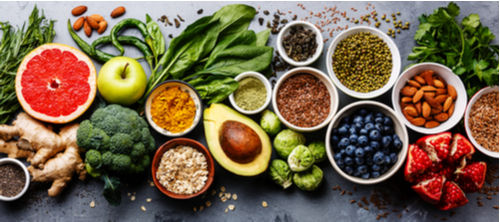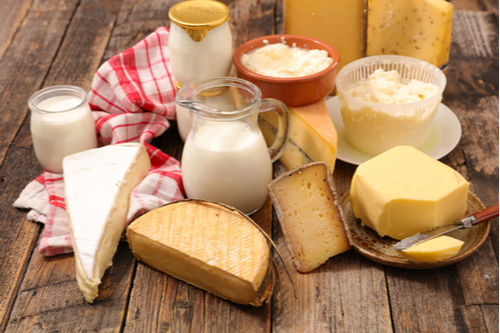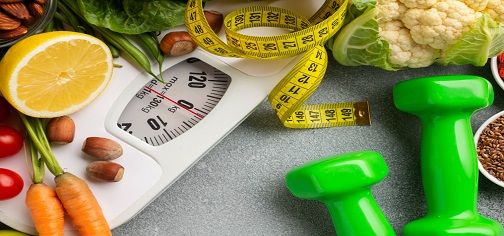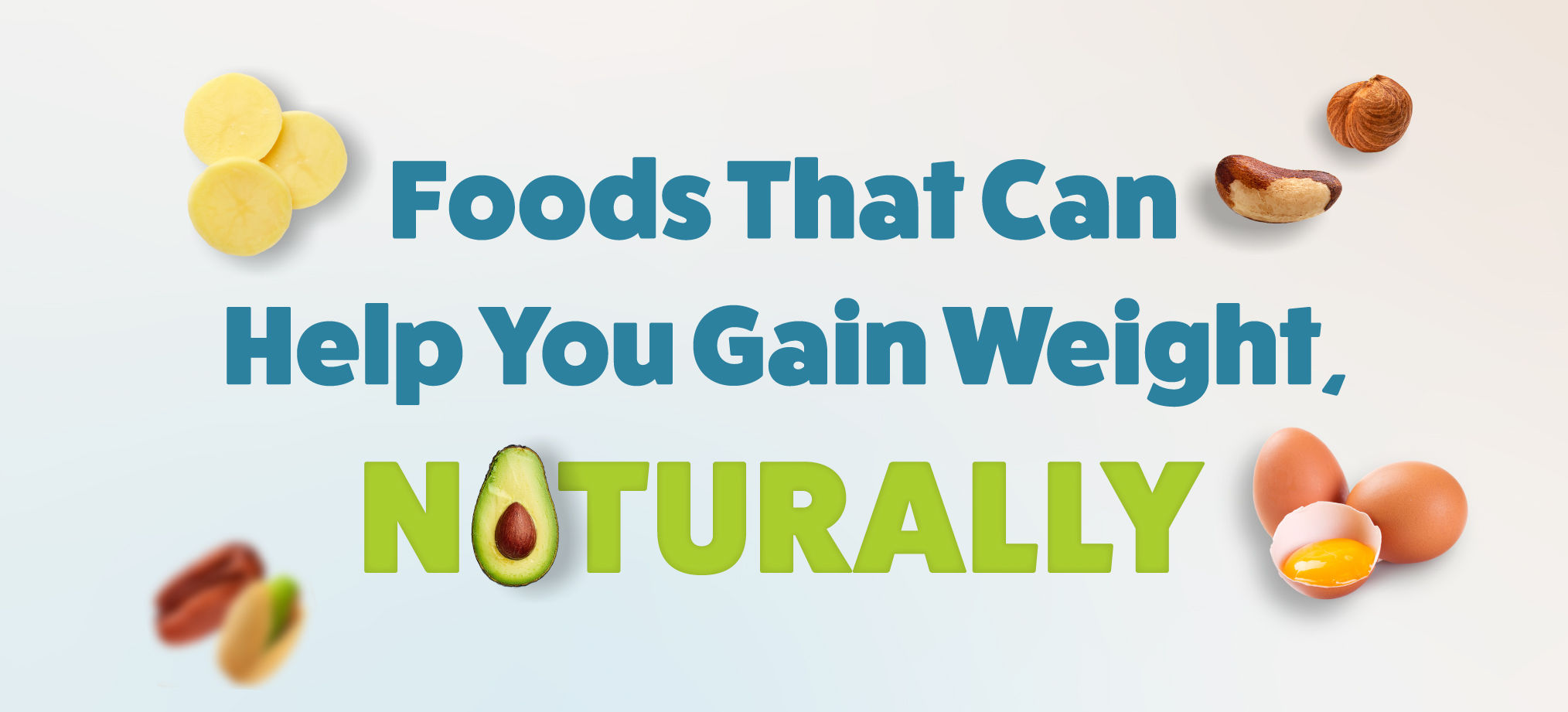Weight Management
7 Dieting Myths You Should Stop Believing Right Away
4 min read
By Apollo 24|7, Published on - 27 April 2022, Updated on - 18 October 2022
Share this article
0
14 likes

A report published by the World Health Organization (WHO) found that the count of obese people tripled since 1975, making obesity a global threat. Obesity not only increases an individual’s risk for heart diseases, diabetes and other chronic diseases but also burdens the healthcare system.
Various popular diets such as Keto or Atkins claim to reduce and manage a healthy weight. While the benefits of these fad diets are inconclusive, there are many popular myths associated with them. Let us address some of these in this article.
Myth 1: Eating carbs can make you gain weight.
Fact: Carbohydrates (carbs) are crucial for the continuous supply of energy to the body. While simple carbs found in cookies and baked foods lack vitamins, minerals, and fibre, complex carbs present in potatoes, whole grain bread, pasta, noodles, oats, and fruits are nutritious and help the person feel full for longer, thus helping in weight management. However, overindulgence may result in obesity and therefore, all carbohydrates must be consumed in moderation.
Recommended reading: Are Low-carb Diets Healthy?
Myth 2: Fat should be completely avoided.
Fact: Excess consumption of trans fats (found in baked and processed foods) and saturated fats (present in red meat, butter, and tropical oils) can cause fat tissues to accumulate around the abdomen, and increase the levels of bad cholesterol in the body. However, contrary to popular belief, not all fats are bad. Unsaturated fats (MUFA and PUFA) found in olive oil, peanuts, almonds, pumpkin seeds, and sunflower seeds or oil help in reducing bad cholesterol and promoting a healthy weight. A study also showed that a diet rich in unsaturated fats promotes weight loss in obese women.
Myth 3: Expensive superfoods are essential for weight loss.
Fact: Though expensive superfoods such as avocados, spirulina, and acai berries promote weight loss, there are several inexpensive foods such as beans, chickpeas, lentils, sweet potatoes, bananas, apples and quinoa that can serve the same purpose. Being low in fat and high in vitamins and fibre, these foods can keep one feeling full for longer, thus promoting weight reduction.

Myth 4: Skipping meals is the key to weight loss.
Fact: People often skip major meals of the day such as breakfast to speed up weight loss. However, no scientific evidence proves that skipping meals can help lose weight. Instead, consuming a fibre-rich breakfast can help in keeping you full for longer and reduce the craving for foods high in fat and sugar. Studies have also shown that people who adhere to fasting for weight loss are more likely to lose muscle mass than those who consume fewer calories to maintain a healthy weight.
Myth 5: It’s alright to binge on artificial sweeteners while dieting.
Fact: Unlike refined sugar, artificial sweeteners (also called low-calorie sweeteners) are not made up of carbohydrates, and hence, do not provide any nutrition or calories. Several studies have shown that those who consume artificial sweeteners try to replace the lost calories by eating foods high in refined sugar (found in pastries and cakes). Hence, opting for artificial sweeteners may not do any good in terms of weight management. Also, since artificial sweeteners are much sweeter than refined sugar, they can increase the craving for sweet foods.

Myth 6: Drinking extra water helps with weight loss.
Fact: Water is essential for maintaining the hydration and metabolism of the body, but it does not promote weight loss. However, since water does not have any calories, it can be used as a substitute for carbonated drinks. Also, adding lemon or green tea to the water can help improve metabolism and aid in weight loss.
Myth 7: Dairy products add extra kilos.
Fact: Milk contains saturated fat, which is known to increase body weight. However, it is an excellent source of calcium and protein, which helps in repairing muscles and tissues that get damaged during the weight loss process. One can consume low-fat dairy products such as skimmed milk and plain yoghurt to reap the benefits.

The numerous trending diets and myths associated with them can make one’s weight loss journey quite daunting. A balanced diet coupled with regular exercising remains the best and most reliable way to maintain a healthy weight. Those trying to lose weight should consult a dietician to create a diet and exercise plan aligned with their health goals.
Weight Management
Leave Comment
Recommended for you

Weight Management
4 Principles of Weight Management by Dr. Raj Palaniappan
In the midst of our hectic schedules, maintaining a healthy weight can be a real challenge. Our reliance on fast food, sugary drinks, and short sleep cycles all contribute to our unhealthy weight. Find out what our expert, Dr. Raj Palaniappan has to say in this article.

Weight Management
Gain Weight Naturally & Quickly With These Foods!
Gaining weight naturally can be difficult, especially for those who have a fast metabolism or low appetite. However, this problem can be solved by consuming certain foods that help in natural and effective weight gain.

Weight Management
How To Slow Down Your Metabolism?
Being underweight can almost be as unhealthy as being overweight. Your metabolism plays a huge role in your weight fluctuations. If you want to gain some weight, you should try adopting a few measures such as avoiding caffeine, spacing out your meals, etc.
Subscribe
Sign up for our free Health Library Daily Newsletter
Get doctor-approved health tips, news, and more.
Recommended for you

Weight Management
4 Principles of Weight Management by Dr. Raj Palaniappan
In the midst of our hectic schedules, maintaining a healthy weight can be a real challenge. Our reliance on fast food, sugary drinks, and short sleep cycles all contribute to our unhealthy weight. Find out what our expert, Dr. Raj Palaniappan has to say in this article.

Weight Management
Gain Weight Naturally & Quickly With These Foods!
Gaining weight naturally can be difficult, especially for those who have a fast metabolism or low appetite. However, this problem can be solved by consuming certain foods that help in natural and effective weight gain.

Weight Management
How To Slow Down Your Metabolism?
Being underweight can almost be as unhealthy as being overweight. Your metabolism plays a huge role in your weight fluctuations. If you want to gain some weight, you should try adopting a few measures such as avoiding caffeine, spacing out your meals, etc.